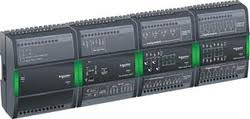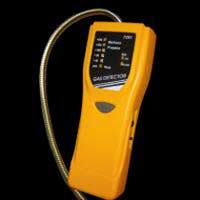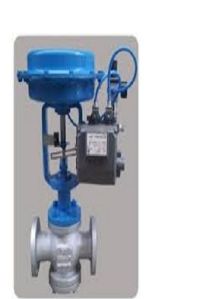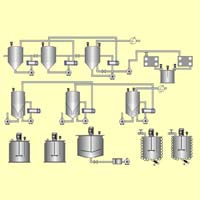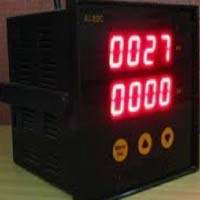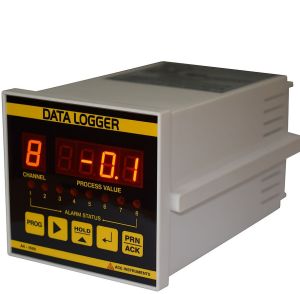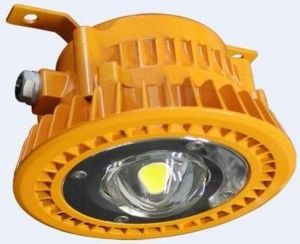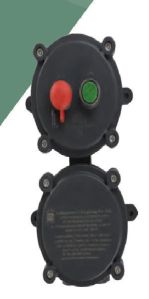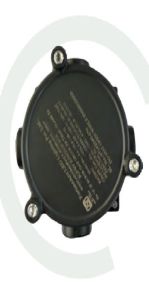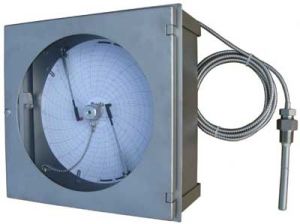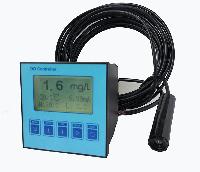| Business Type | Manufacturer, Exporter, Supplier |
| Application | Multiwork |
| Voltage | 440V |
An automation system integrator, often abbreviated as ASI, acts as a bridge between the world of automation technology and the specific needs of a manufacturing or industrial facility. They are the orchestra conductors of the automation world, bringing together various components and expertise to create a smooth-running symphony of efficient production.
Function:
- Unlike manufacturers who focus on specific automation components (e.g., robots, sensors), ASIs specialize in designing, implementing, and maintaining entire automation systems.
- They take a holistic view of a client's needs, analyzing their processes and identifying areas for improvement through automation.
- ASIs then design a customized solution that integrates various components – hardware (robots, controllers, sensors), software (control programs), and communication networks – to create a seamless and efficient automated system.
Services Provided by ASIs:
- Feasibility Studies and Process Analysis: Evaluate a client's current processes to determine the viability of automation and identify the most suitable areas for improvement.
- System Design and Engineering: Develop a customized automation solution tailored to the specific needs of the client's facility. This includes selecting the appropriate equipment, designing the control logic, and ensuring compatibility with existing systems.
- Project Management and Procurement: Oversee all aspects of the automation project, from equipment procurement and scheduling to budget management.
- System Integration and Installation: Physically install the automation equipment, integrate it with existing systems, and ensure proper communication between all components.
- Commissioning and Testing: Conduct rigorous testing and validation of the entire system to ensure it functions as designed, meets safety standards, and achieves the desired performance metrics.
- Training and After-Sales Support: Provide training for personnel on operating and maintaining the new automated system, along with ongoing support to address any issues and optimize performance.
Benefits of Working with an ASI: - Expertise and Experience: ASIs possess a deep understanding of automation technologies and can leverage their experience to design and implement optimal solutions.
- Holistic Approach: They take a comprehensive view of your needs, considering not just the automation equipment but also integration with existing systems and processes.
- Reduced Risk: By managing the entire project, ASIs minimize risks associated with automation implementation.
- Faster Time to Completion: Their experience and established relationships with vendors can expedite the project timeline.
- Ongoing Support: ASIs provide valuable after-sales support to ensure your automated system continues to operate efficiently.
Choosing the Right Automation System Integrator:
Selecting the right ASI is crucial for the success of your automation project. Here are some key factors to consider: - Industry Experience: Choose an ASI with a proven track record in your specific industry and an understanding of the unique challenges you face.
- Expertise and Capabilities: Ensure they have the necessary expertise in the specific automation technologies you require (e.g., robotics, motion control, SCADA systems).
- Project Management Skills: Evaluate their project management approach and their ability to communicate effectively throughout the project.
- After-Sales Support: Prioritize ASIs offering comprehensive after-sales support programs to ensure long-term system performance.
- References and Case Studies: Review their past projects and client testimonials to understand their capabilities and approach.
In Conclusion:
Automation system integrators play a vital role in helping businesses leverage the power of automation to achieve their production and efficiency goals. By partnering with the right ASI, you can ensure a smooth transition to automation, maximize the benefits of your investment, and gain a competitive edge in your industry.
Looking for "Automation System Integrators" ?
piece
Explore More Products


